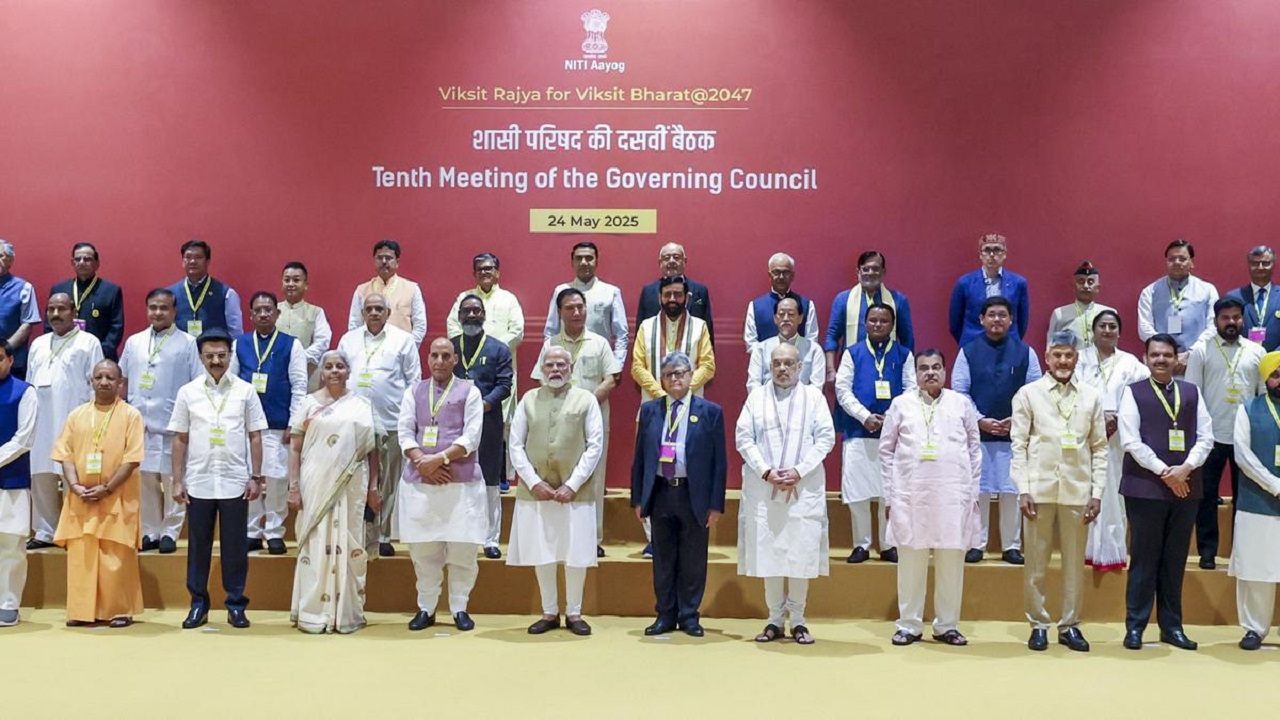Quantum Computing
Context: A recent study by IBM highlights the increasing interest in quantum computing in India. This surge is attributed to active participation by students, developers, and academic institutions.
About Quantum Computing
Quantum computing is a revolutionary technology that leverages the principles of quantum mechanics to tackle problems too complex for traditional computers.
Key Concepts of Quantum Mechanics
- Quantum Mechanics: A branch of physics studying particles like atoms, electrons, and photons at the molecular and sub-molecular levels.
- Superposition: Enables particles to exist in multiple states simultaneously, forming the basis of quantum computing.
- Entanglement: A phenomenon where particles remain interconnected, allowing instantaneous changes in one to affect its pair, regardless of distance.
Capabilities of Quantum Computing
- Solves problems beyond the scope of classical computers, such as:
- Cryptographic algorithms
- Complex simulations
- Optimization challenges
Key Features of Quantum Computing
-
Fundamental Difference from Classical Computing:
- Quantum Bits (Qubits): Unlike classical bits, which are either 0 or 1, qubits can represent 0, 1, or both states simultaneously through superposition.
- Example: A spinning coin represents both heads and tails until measured.
- Entanglement: Entangled qubits work together, enhancing speed and computational power.
- Quantum Bits (Qubits): Unlike classical bits, which are either 0 or 1, qubits can represent 0, 1, or both states simultaneously through superposition.
-
Exponential Computational Power:
- Superposition allows qubits to process multiple calculations simultaneously, making quantum computers exponentially faster than classical systems.
Milestones in Quantum Computing
-
Origins:
- 1982: Proposed by physicist Richard Feynman to simulate quantum systems beyond classical computing capabilities.
-
Breakthrough Algorithms:
- Shor’s Algorithm (1994): Revolutionized cryptography by factoring large numbers exponentially faster than traditional methods.
-
Technological Advancements:
- IBM Q System One (2019): The first commercial circuit-based quantum computer.
- Google Sycamore Processor (2019): Achieved quantum supremacy by completing a task in 200 seconds, which would take classical supercomputers 10,000 years.
- Google Willow Quantum Chip (2023): Introduced scalable error-corrected qubits, completing calculations in minutes that would otherwise take classical systems billions of years.
Conclusion
Quantum computing represents a monumental leap in technology, offering capabilities that can redefine fields like cryptography, artificial intelligence, and scientific research. As India actively engages with this cutting-edge technology through its students, developers, and academic institutions, it positions itself as a global player in shaping the future of quantum advancements. By fostering innovation and collaboration, India has the potential to unlock transformative solutions to some of the world’s most complex problems.




Comments (0)